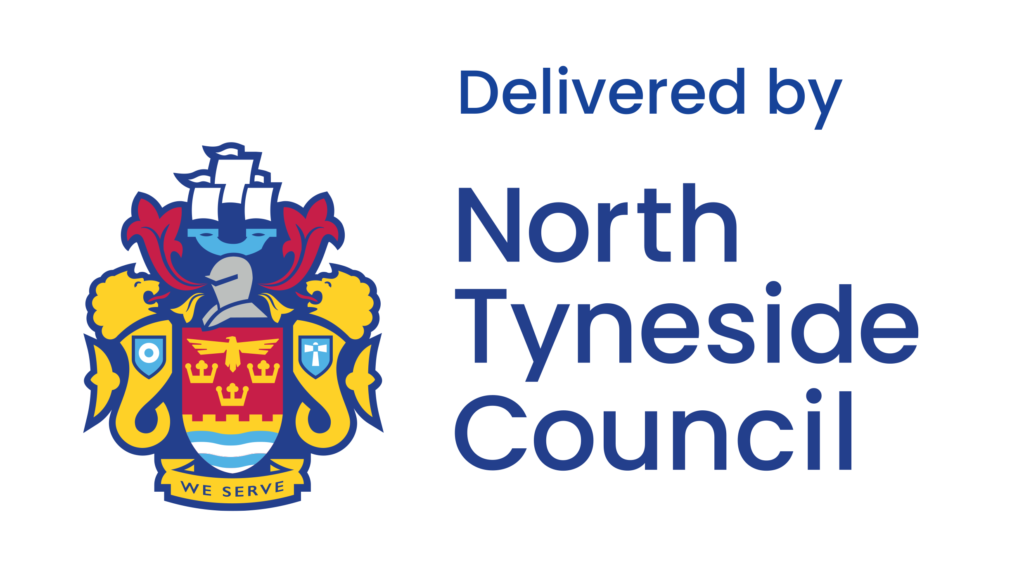Rehabilitation Worker
As a rehabilitation worker, you’ll help people to live independently, often following an illness or accident. It’s an entry-level role but it’s useful to have some experience working in care or with vulnerable adults.
You could work with lots of different people including adults with learning disabilities, physical disabilities including sight or hearing loss, mental health conditions and drug or substance abuse issues.
Day-to-day activities
Your role might include:
- Carrying out assessments within the community to identify what care and support people need.
- Working with other professionals such as social workers and occupational therapists to make sure people get the right help.
- Providing advice about how to use specialist equipment.
- Teaching people daily life skills such as making a cup of tea, or reading braille.
- Organising activities such as sports, drama and educational activities.

Requirements for the role
Skills
What you’ll need:
- Kindness, patience and compassion.
- Good English, numeracy and writing skills.
- Your ability to understand and follow procedures.
- Strong organisational and time management skills.
- Good communication and listening skills.
- An enhanced DBS (Disclosure and Barring Service) check would be required.
Qualifications
Additionally:
- Your employer might ask that you have qualifications showing good English and number skills such as GCSE in English and maths.
- It might be useful to have experience working in a similar role or with vulnerable adults. You can gain this experience through a work placement, from your personal life, through volunteering or as part of an apprenticeship.
- You may also need a social care qualification such as Level 2 or 3 Diploma in Health and Social Care.
Don’t worry if you don’t have these qualifications – if you’re interested in getting them, you can work towards them once you start the job.
Training & Progression
You can also benefit from:
- While in post you could do a vocational qualification such as a Diploma in Health and Social Care or continuing professional development qualification such as an award or certificate in activity provision.
- Opportunities to progress and develop in adult social care and specialise in a certain area or take on more responsibility.
- View our career pathways tool to help guide you with your future in social care.
- Browse our learning opportunities page to help get the support you are looking for.
When you first start working in care, you’ll do an induction which should include the Care Certificate. You’ll also undergo basic training such as health and safety, first aid, and moving and handling. You might also receive specific training based on what the person you’re caring for needs.

